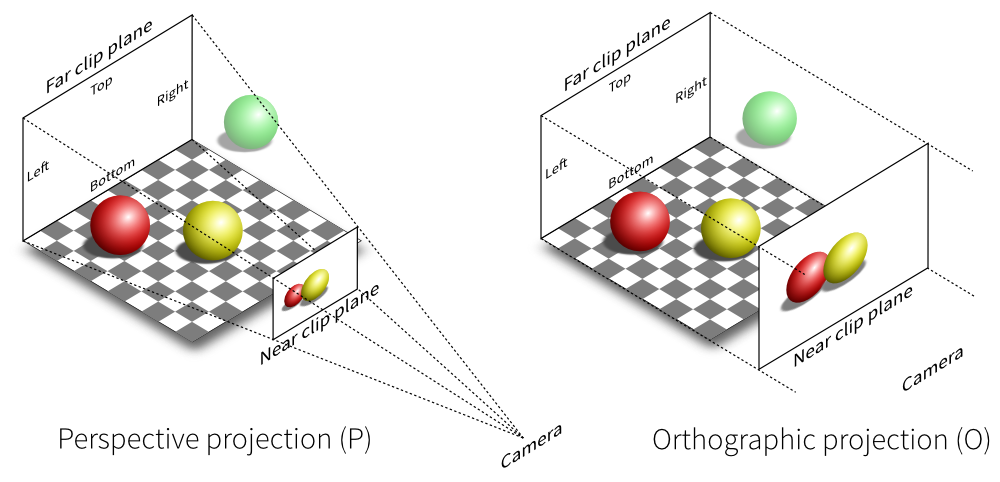1
2
3
4
5
6
7
8
9
10
11
12
13
14
15
16
17
18
19
20
21
22
23
24
25
26
27
28
29
30
31
32
33
34
35
36
37
38
39
40
41
42
43
44
45
46
47
48
49
50
51
52
53
54
55
56
57
58
59
60
61
62
63
64
65
66
67
68
69
70
71
72
73
74
75
76
77
78
79
80
81
82
83
84
85
86
87
88
89
90
91
92
93
94
95
96
97
98
99
100
101
102
103
104
105
106
107
108
109
110
111
112
113
114
115
116
117
118
119
120
121
122
123
124
125
126
127
128
129
130
131
132
133
134
135
136
137
138
139
140
141
142
143
144
145
146
147
148
149
150
151
152
153
154
155
156
157
158
159
160
161
162
163
164
165
166
167
168
169
170
171
172
173
174
175
176
177
178
179
180
181
182
183
184
185
186
187
188
189
190
191
192
193
194
195
196
197
198
199
200
201
202
203
204
205
206
207
208
209
210
211
212
213
214
215
216
217
218
219
220
221
222
223
224
225
226
227
228
229
230
231
232
233
234
235
236
|
#include <bits/stdc++.h>
namespace IO {
inline char read() {
static const int IN_LEN = 1000000;
static char buf[IN_LEN], *s, *t;
s == t ? t = (s = buf) + fread(buf, 1, IN_LEN, stdin) : 0;
return s == t ? -1 : *s++;
}
template <typename T>
inline void read(T &x) {
static char c;
static bool iosig;
for (c = read(), iosig = false; !isdigit(c); c = read()) {
if (c == -1) return;
c == '-' ? iosig = true : 0;
}
for (x = 0; isdigit(c); c = read()) x = x * 10 + (c ^ '0');
iosig ? x = -x : 0;
}
inline void read(char &c) {
while (c = read(), isspace(c) && c != -1)
;
}
inline int read(char *buf) {
register int s = 0;
register char c;
while (c = read(), isspace(c) && c != -1)
;
if (c == -1) {
*buf = 0;
return -1;
}
do
buf[s++] = c;
while (c = read(), !isspace(c) && c != -1);
buf[s] = 0;
return s;
}
const int OUT_LEN = 1000000;
char obuf[OUT_LEN], *oh = obuf;
inline void print(char c) {
oh == obuf + OUT_LEN ? (fwrite(obuf, 1, OUT_LEN, stdout), oh = obuf) : 0;
*oh++ = c;
}
template <typename T>
inline void print(T x) {
static int buf[30], cnt;
if (x == 0) {
print('0');
} else {
x < 0 ? (print('-'), x = -x) : 0;
for (cnt = 0; x; x /= 10) buf[++cnt] = x % 10 | 48;
while (cnt) print((char)buf[cnt--]);
}
}
inline void flush() { fwrite(obuf, 1, oh - obuf, stdout); }
struct InputOutputStream {
template <typename T>
inline InputOutputStream &operator>>(T &x) {
read(x);
return *this;
}
template <typename T>
inline InputOutputStream &operator<<(const T &x) {
print(x);
return *this;
}
~InputOutputStream() { flush(); }
} io;
}
namespace {
using IO::io;
const int MAXN = 250000;
struct Node {
int v, w;
Node(int v, int w) : v(v), w(w) {}
};
template <typename T>
struct Graph {
typedef std::vector<T> Vector;
Vector edge[MAXN + 1];
inline void addEdge(const int u, const T &v) { edge[u].push_back(v); }
inline Vector &operator[](const int i) { return edge[i]; }
inline void clear(const int n) {
for (register int i = 0; i <= n; i++) edge[i].clear();
}
};
struct HeavyLightChainDecomposition {
Graph<Node> g;
typedef Graph<Node>::Vector::iterator Iterator;
int fa[MAXN + 1], dep[MAXN + 1], sz[MAXN + 1], w[MAXN + 1];
int top[MAXN + 1], son[MAXN + 1], dfn[MAXN + 1], idx;
bool vis[MAXN + 1];
inline void dfs1(const int u) {
vis[u] = true, sz[u] = 1, dep[u] = dep[fa[u]] + 1;
for (Iterator p = g[u].begin(); p != g[u].end(); p++) {
if (!vis[p->v]) {
fa[p->v] = u, w[p->v] = std::min(w[u], p->w);
dfs1(p->v);
sz[u] += sz[p->v], sz[p->v] > sz[son[u]] ? son[u] = p->v : 0;
}
}
}
inline void dfs2(const int u) {
vis[u] = false, dfn[u] = ++idx,
top[u] = (u == son[fa[u]] ? top[fa[u]] : u);
for (Iterator p = g[u].begin(); p != g[u].end(); p++)
if (p->v == son[u]) dfs2(p->v);
for (Iterator p = g[u].begin(); p != g[u].end(); p++)
if (vis[p->v]) dfs2(p->v);
}
inline int lca(int u, int v) {
while (top[u] != top[v])
dep[top[u]] < dep[top[v]] ? v = fa[top[v]] : u = fa[top[u]];
return dep[u] < dep[v] ? u : v;
}
inline void cut(int root = 1) { dfs1(root), dfs2(root); }
inline void init(const int n) {
for (register int i = 1, u, v, w; i < n; i++) {
io >> u >> v >> w;
g.addEdge(u, Node(v, w)), g.addEdge(v, Node(u, w));
}
w[1] = INT_MAX;
cut();
}
};
inline bool cmp(int, int);
struct VirtualTree {
#define long long long
HeavyLightChainDecomposition hld;
Graph<int> g;
typedef Graph<int>::Vector::iterator Iterator;
int *w, *dep, *dfn;
inline void addEdge(const int u, const int v) {
g.addEdge(u, v), g.addEdge(v, u);
}
inline int build(int *p, int n) {
std::sort(p, p + n, cmp);
register int cnt = 0;
for (register int i = 1; i < n; i++)
if (hld.lca(p[i], p[cnt]) != p[cnt]) p[++cnt] = p[i];
n = ++cnt;
static std::vector<int> st;
st.clear(), st.reserve(n), st.push_back(1), p[cnt++] = 1;
for (register int i = 0, u, lca; i < n; i++) {
u = p[i], lca = hld.lca(u, st.back());
if (lca == st.back()) {
st.push_back(u);
} else {
while (st.size() >= 2 && dep[*++st.rbegin()] >= dep[lca])
addEdge(*++st.rbegin(), st.back()), st.pop_back();
if (st.back() != lca)
addEdge(lca, st.back()), p[cnt++] = lca, st.back() = lca;
st.push_back(u);
}
}
for (register int i = 0; i < st.size() - 1; i++)
addEdge(st[i], st[i + 1]);
return cnt;
}
inline long dfs(int u, int v) {
register long ret = 0;
for (Iterator p = g[u].begin(); p != g[u].end(); p++)
if (*p != v) ret += std::min(dfs(*p, u), (long)w[*p]);
return ret ? ret : LLONG_MAX;
}
inline void solve() {
register int n;
io >> n, hld.init(n);
w = hld.w, dfn = hld.dfn, dep = hld.dep;
register int m, k;
io >> m;
static int a[MAXN + 1];
while (m--) {
io >> k;
for (register int i = 0; i < k; i++) io >> a[i];
k = build(a, k);
io << dfs(1, 0) << '\n';
for (register int i = 0; i < k; i++) g[a[i]].clear();
}
}
#undef long
} task;
inline bool cmp(const int u, const int v) { return task.dfn[u] < task.dfn[v]; }
}
int main() {
task.solve();
return 0;
}
|



